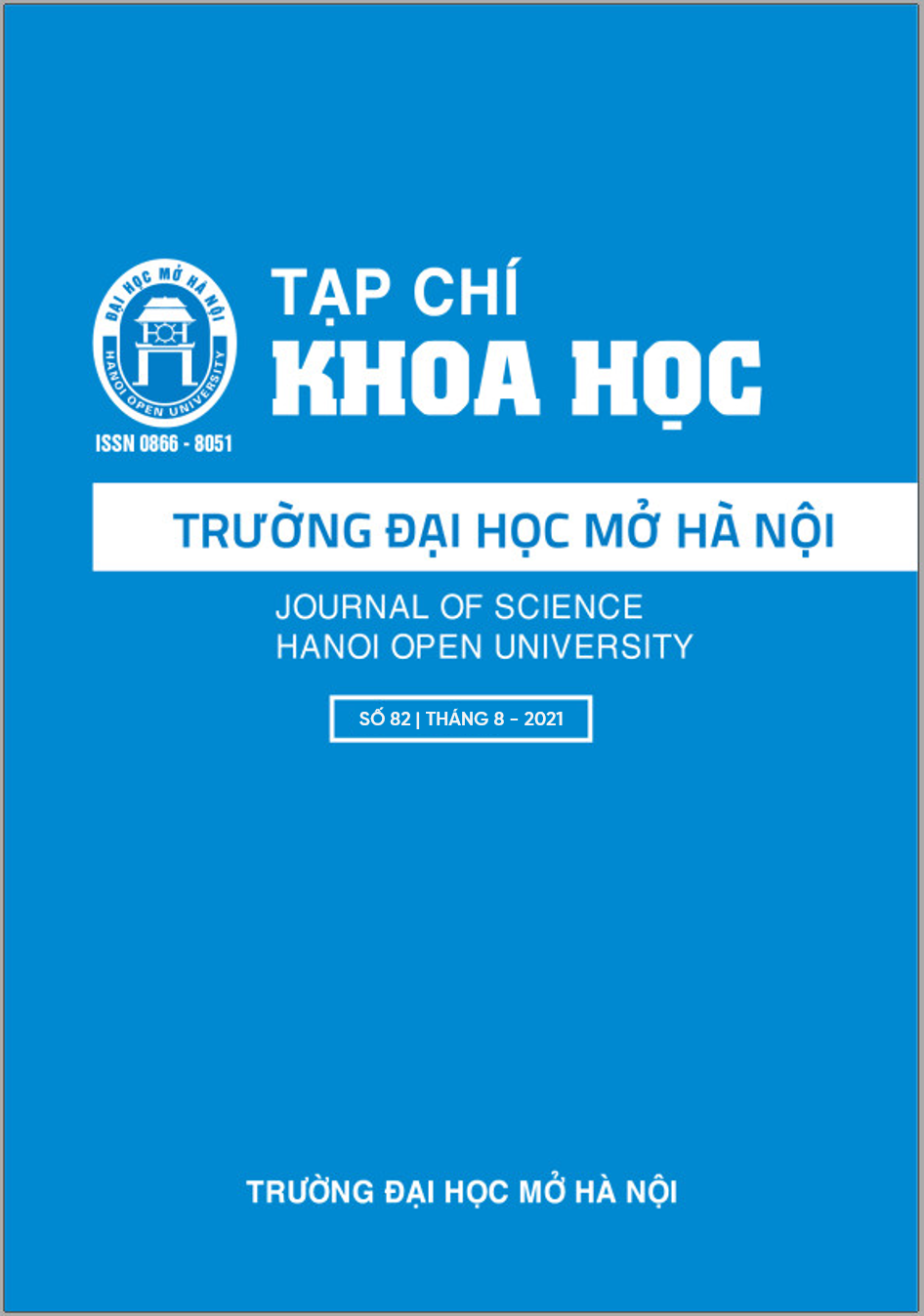CRITERIA FOR ASSESSING STATE MANAGEMENT FOR COMMUNITY-BASED TOURISM DEVELOPMENT IN VIETNAM
Keywords:
: State management, tourism, community-based tourism, state management for community-based tourism developmentAbstract
Evaluation of management results is an important content of state management for community-based tourism development. It is aimed to determine whether and to what extent management objectives have been achieved. Besides, it can also determine the conformity of regulations on community-based tourism development in reality in the provinces, as well as its efficiency and effectiveness in the provinces; Apart from that, it can identify the shortcomings of state management for community-based tourism development. Accordingly, adjustments can be made to ensure the sustainable development of community- based tourism. The objective of the paper is to use the outcome model, the theories on assessing the state management results, the common set of criteria for assessing the performance of state management and the opinions of experts in tourism industry, thereby propose criteria to evaluate the results of state management for community-based tourism development in Vietnam towards the sustainable development of this tourism type in our country.
References
[1]. Ngân hàng phát triển Châu Á (2003),
Phục vụ và duy trì: Cải thiện hành chính công
trong một thế giới cạnh tranh, Nhà xuất bản Chính trị quốc gia, Hà Nội.
[2]. Bùi Xuân Nhàn, Trần Thu Phương, “Bàn về quản lý nhà nước đối với phát triển du lịch cộng đồng”, Tạp chí Du lịch, ISSN 0866- 7373, số 11/2019.
[3]. Đào Anh Tuấn (2013), Quản lý nhà nước về thương mại điện tử. Luận án tiến sỹ, Trường Đại học Kinh tế quốc dân.
[4]. Klingebiel, Stephan and Janus, Heiner (2014), Results-Based Aid: Potential and Limits of an Innovative Modality in Development Cooperation, Journal of International Development Policy. Vol 5, 2014
[5]. OECD (2012), Evaluating Tourism Policies and Programmes, OECD Tourism Trends and Policies 2012
